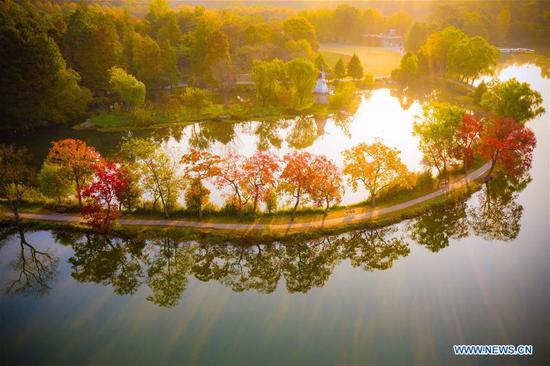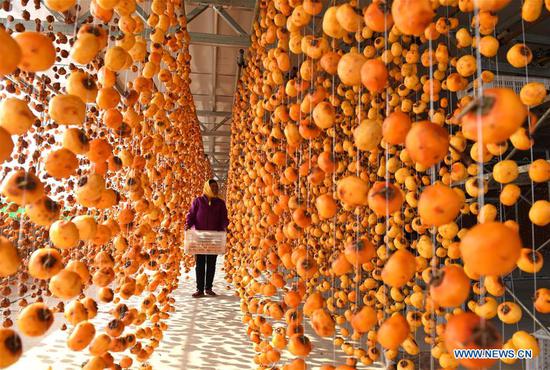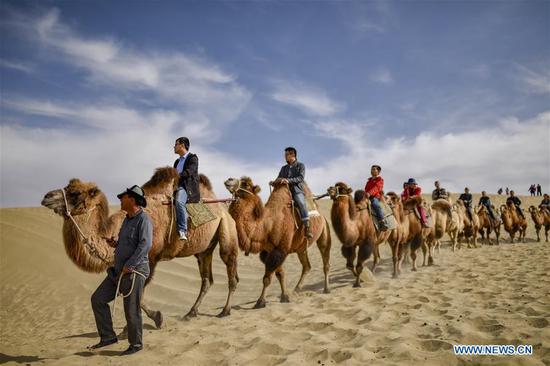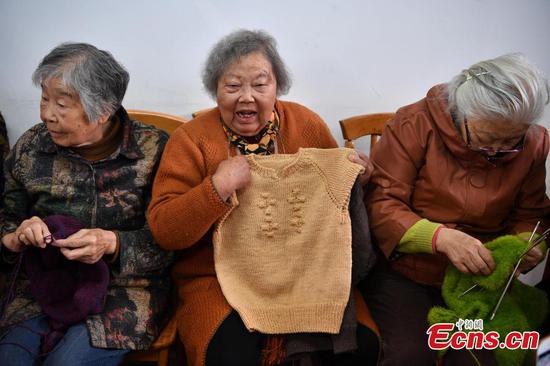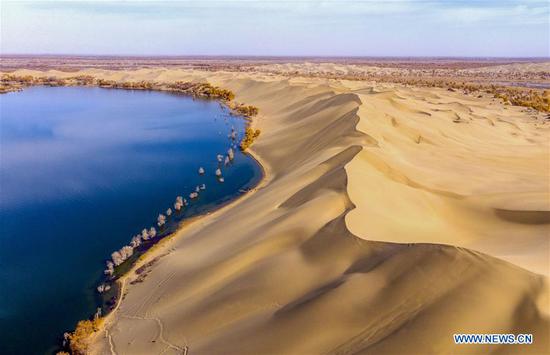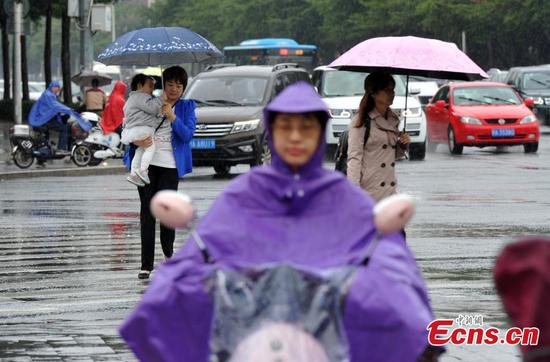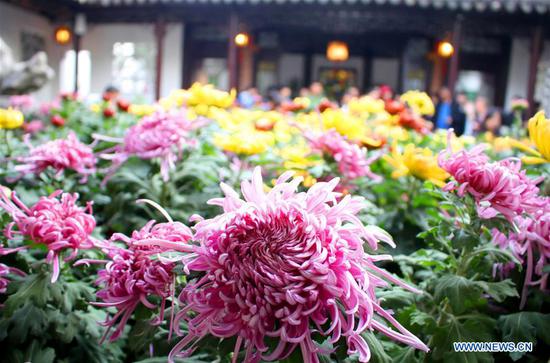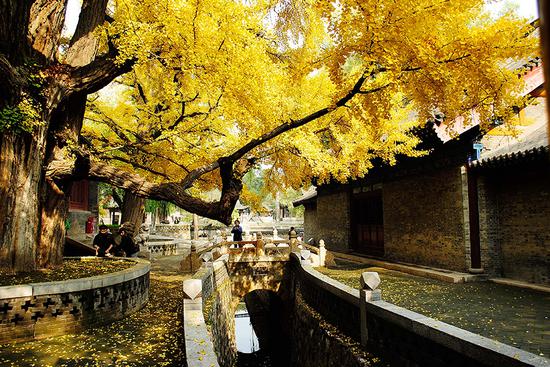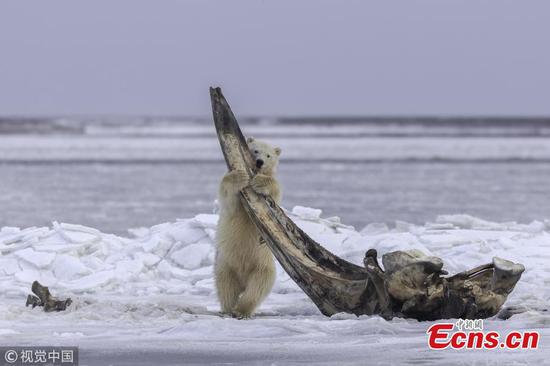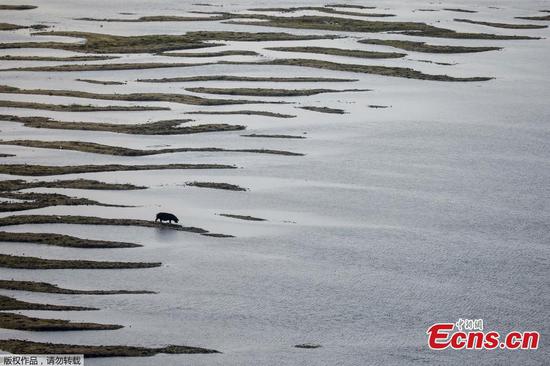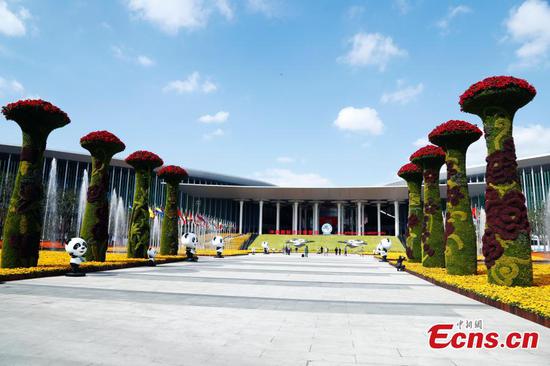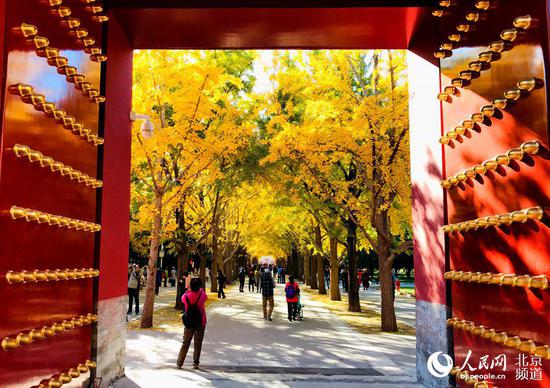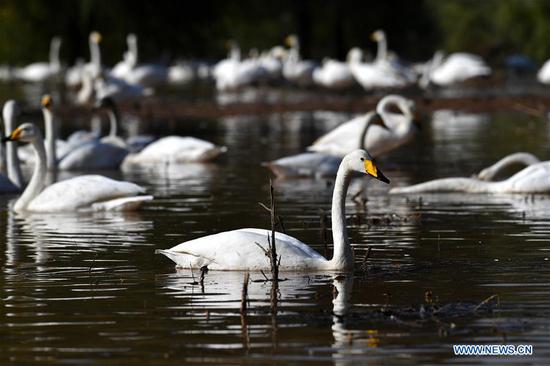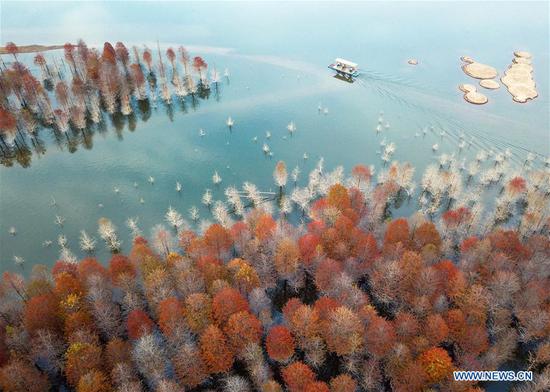Impressive efforts
Li Bin, deputy Party secretary of Altay, said late last year that the prefecture is coated with quality snow for up to 180 days a year and its skiing conditions may well be on par with those in the Swiss Alps.
Tourism industry players said the number of international winter tourists is likely to rise in coming years as China prepares for the Winter Olympics.
"Initial efforts in Yabuli and Changbaishan to turn China into a winter ski destination made an impression among Chinese and Asian travelers," said Mei Zhang, founder of boutique travel agency WildChina.
Zhang said the Winter Olympics has put China on the radar of many millions of people, enabling it to reach out to travelers outside of Asia.
Laurent Vanat, a ski industry researcher in Geneva, Switzerland, said winning the bid to host the Winter Olympics has given China further impetus to develop its ski industry. He said the number of indoor ski centers and ski resorts in the country is growing "in a way that you can't find anywhere else in the world".
Vanat publishes the annual International Report on Snow and Mountain Tourism, an in-depth overview of key factors in the skiing industry. The latest report said Yabuli now has the world's highest number of indoor ski centers in one location-21.
One of the centers is at the Harbin Wanda Cultural Tourism City, a resort and theme park launched in June last year by the Beijing-headquartered conglomerate Wanda Group. The theme park is home to the world's largest indoor snow park, with six different slopes, a 500-meter piste, and capacity to host up to 3,000 skiers.
Apart from Wanda Group, other companies are building new ski resorts and winter sports centers, anticipating that the Winter Games will attract more snow vacation tourists.
Ding Changfeng, CEO of the ice and snow business department at real estate developer China Vanke, said skiing could soon emerge as the main reason for winter vacation tours, with more diverse and professional services on the way.
Shenzhen-listed Vanke operates ski resorts in Jilin and Beijing. It is also building the Hanhailiang Ski Resort in the Chongli district of North China's Hebei province. Set to open next year, the resort will feature a record-breaking vertical trail drop of 810 meters.
By 2022, Club Med plans to open a ski resort in Thaiwoo, Hebei-one of the venues for the Winter Olympics. It will be the company's third ski resort in China, along with those in Yabuli and Beidahu, Jilin.
In Shanghai, Singaporean holding company KOP and Chinese property companies Shanghai Lujiazui Development and Shanghai Harbour City Development are jointly developing a resort. One of its main attractions will be an indoor ski and snow park spanning 90,000 square meters.
While such developments bode well for the future of winter tourism in China, industry players said improved services and facilities are key to gaining a bigger share of the international market.
Cao Jianwei, deputy chief of Chongli district, said: "Local planners and resort owners should carefully develop properties based on the capacity of natural resources and the environment. Quality of service should always come before quantity."
WildChina's Zhang believes the country can stand out by offering good customer services at reasonable prices.
"The area around Beijing doesn't have the natural conditions to compete with the (European) Alps and the Rocky Mountains (in Canada)," she said. But Zhang added that China's ski resorts can cater to novice skiers-a client base that can be developed.
"We should focus on serving beginners by (providing them) with English-speaking ski instructors, running world-class ski schools, and providing really good value for money. China can stand out in this way," she said.











